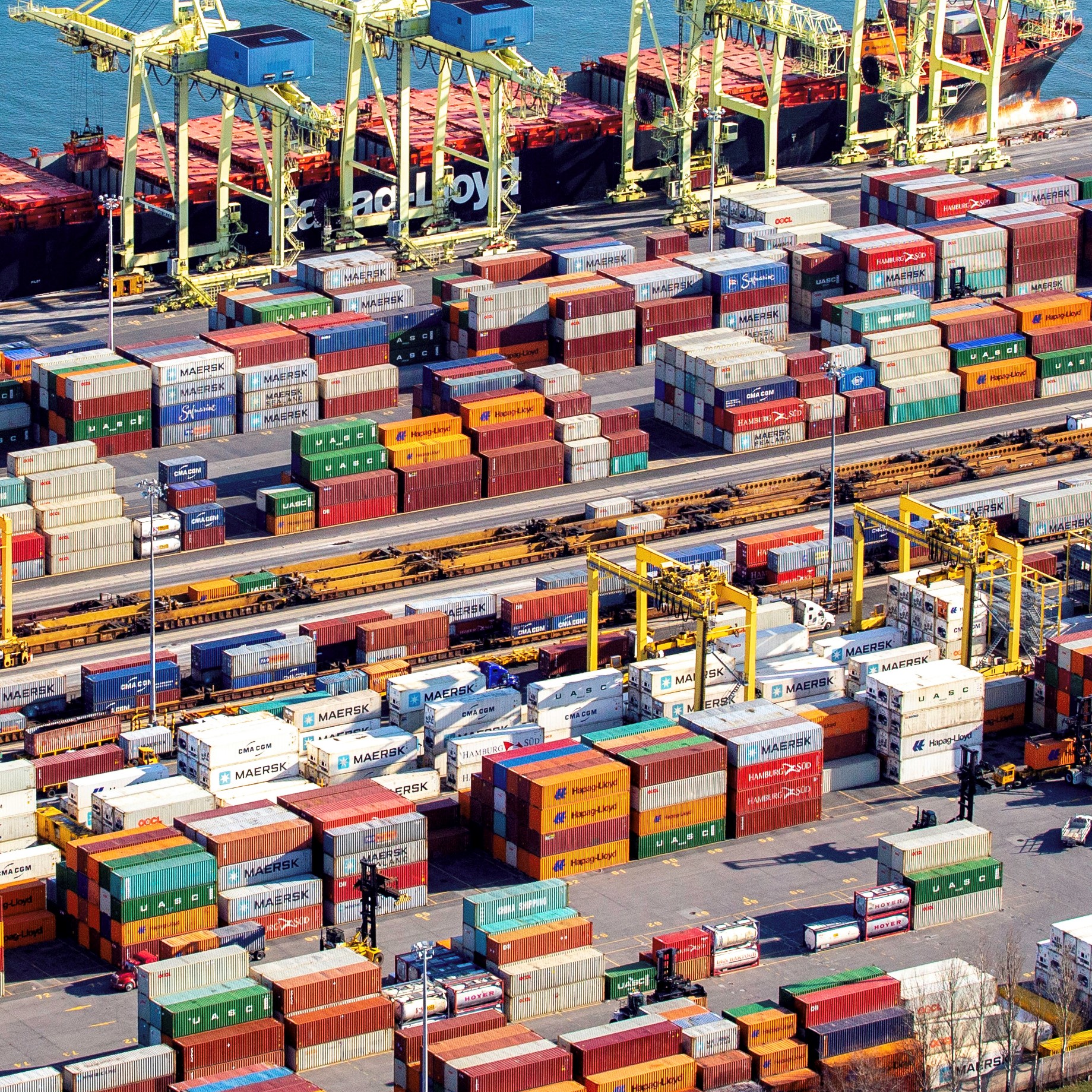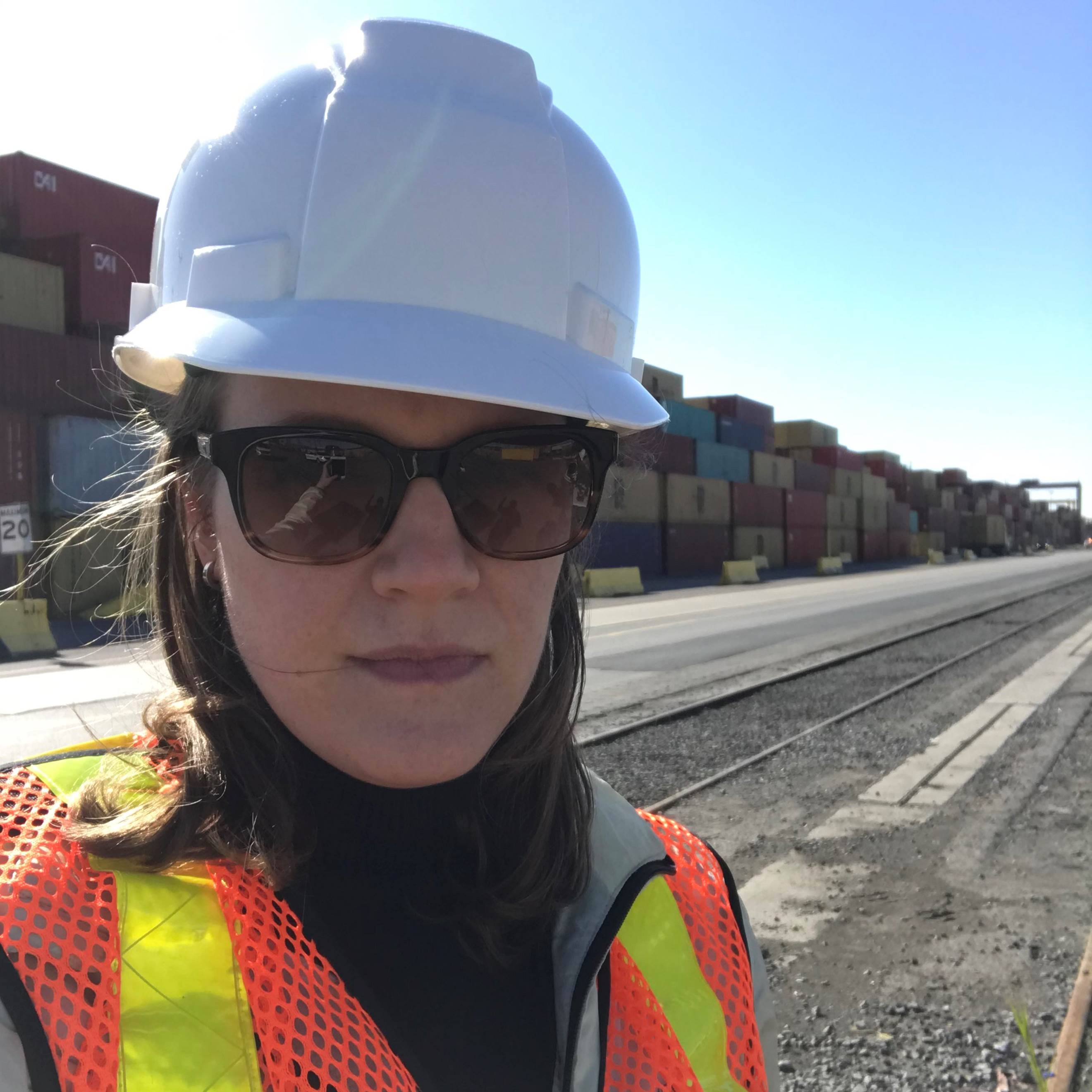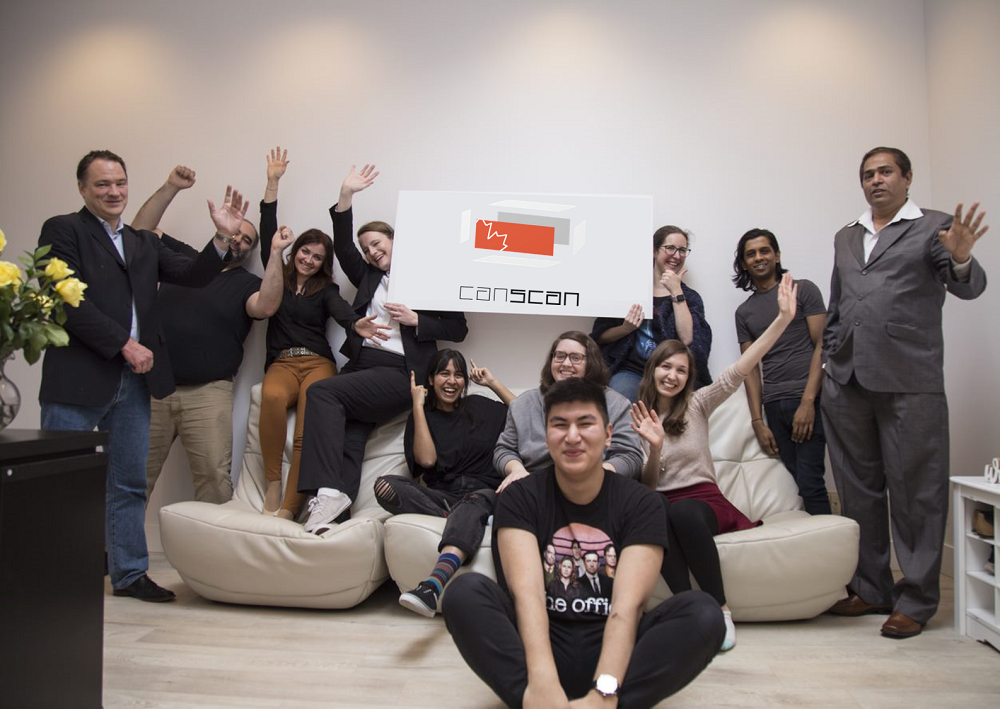
Canscan: The technology that checks all the boxes for shippers’ benefit
Digitization, automation, artificial intelligence, new technologies... The shipping industry is turning to innovation more and more to improve efficiency and transparency, speed up processes, safeguard the supply chain and reduce its environmental footprint.
Complementary technologies
Canscan, a Montreal-based start-up launched in 2018, has the wind in its sails with its solution combining artificial intelligence and visual technology, which can remotely and automatically detect defective containers.
At its helm, Jennifer Ivens is helping bring shipping into the next era. “It’s a field that has existed since the beginning of time, and that is now ready to modernize and adopt digital solutions on a broad scale.”
How to get there from here? According to Jennifer Ivens, smoothly. An industry that has been around for thousands of years and deployed internationally is slow to adopt new practices. “It’s often said that innovation is disruptive. But the best technologies, if they are to be adopted by this community, must be complementary.” And that’s what Canscan is doing: “We’re not looking to replace or automate the workforce, but to make work easier and more efficient.”

Off the beaten track
On Jennifer Ivens’ career path, nothing pointed to her becoming an entrepreneur in the field of port logistics. With a Master’s degree in Sociology and Legal Anthropology, she started her career in population statistics. It was through word of mouth that she discovered the possibilities related to the marine industry, between logistics analysis and supply chain performance indicators. Driven by this interest, she made the leap to MSC and quickly became an analyst in the logistics department.
There, the young woman realized the “challenges of wait times and congestion on the operations side,” she said. With the idea of finding a way to optimize processes, she left her job in September 2017 and started her own company, Canscan, which opened in January 2018.
In the interim, Ms. Ivens evaluated her options and prepared her plan. By partnering with Canadian universities, she came into contact with artificial intelligence researchers and honed her solution: a container anomaly detection system. At Centech, the technology company accelerator of the École de technologie supérieure (ÉTS), she got help to develop the company. The Montreal Port Authority, for its part, opened its network to her so that she could develop the algorithms, assess the needs and implement the solution. With the help of operating partners, she was able to test her product on the terminals and get valuable feedback to improve the system.
How does it work?
Using artificial intelligence, the system connects to terminal cameras, analyzes the images, identifies problematic containers and sends the information back to the client. This solution greatly streamlines the checkers’ work. “Instead of looking for container defects and damaged cargo visually, we can remotely identify which containers need to be checked more closely. This helps the workforce focus on defective containers.”
Plans for the future

The company hit the bull’s-eye as soon as it hit the scene. Winner of the 2019 Startupfest, Canscan also won the Milestone Community Kickstarter Contest 2020 with prizes worth US$65,000. Tested and launched in Montreal, the system is now being deployed in terminals on the West Coast and in Europe.
The young company’s business has not suffered much from the impacts of the COVID-19 pandemic. “There has been a slowdown in some ongoing partnerships. On the other hand, many companies used the slowdown to plan and rethink their operations, and as a result, we have received new orders.” A big advantage is that Canscan’s technology makes it possible to work in a decentralized manner, “which in the current context is attracting interest.”
Among its forward-looking projects, Canscan is working on a new technology in collaboration with the Port of Montreal. The principle? A system for analyzing the flow of trucks entering and leaving the Port, in order to optimize trips.
One thing for sure: Canscan’s projects have a bright future. “There’s a passion for innovation in Montreal. Not only the operators, but also the whole community, the port authority, the supply chain, CargoM... Everyone’s interested!”
